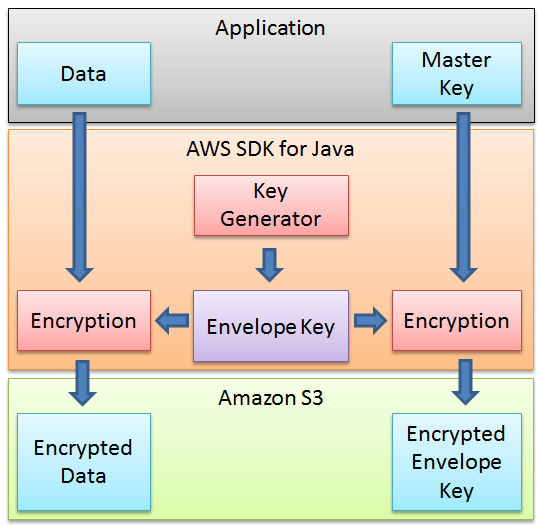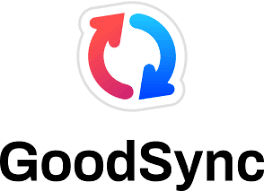AWS SDK for Java 1.12.463 2023 Full Version
The AWS SDK for Java 1.12.463 is a powerful toolkit that allows developers to interact with the full range of Amazon Web Services (AWS) using Java programming language. This SDK provides a wide range of tools and features that help developers to build scalable and reliable applications that can take advantage of AWS’s robust cloud infrastructure.

One of the most significant benefits of the AWS SDK for Java is its ease of use. With this SDK, developers can easily incorporate AWS services such as Amazon S3, Amazon EC2, and Amazon DynamoDB into their applications without having to worry about low-level details such as network connections or HTTP requests.
Additionally, the for 1.12.463 offers excellent performance, reliability, and security features that ensure the safety and stability of applications that are built using this toolkit. It also provides comprehensive documentation and support, making it easier for developers to learn and work with the SDK.
In summary, the AWSSDK for Java 1.12.463 is an essential toolkit for any developer looking to build applications that leverage the power of AWS. With its ease of use, reliability, and security features, this SDK provides an excellent starting point for building robust and scalable applications that can take advantage of AWS’s vast range of cloud-based services.
Top[ Key feature
As of my knowledge cutoff date of September 2021, the latest version of the AWS for Java was 2.x, and the latest version of the 1.x series was 1.11.1017. However, I can still provide some general information about the for Java and some of its features:
- The AWS SDK for Jva provides a set of Jva APIs that allows developers to interact with various services, including Amazon S3, Amazon DynamoDB, Amazon EC2, and more.
- The SDK provides a simple and consistent interface for interacting with AWS services, making it easier for developers to integrate AWS into their applications.
- The SDK includes support for asynchronous operations, allowing developers to make non-blocking calls to AWS services.
- The SDK provides automatic retry and error handling capabilities, making it more resilient to network and service failures.
- The SDK is open source and actively maintained by Amazon, with regular updates and bug fixes.

How To Install
To install the AWS SDK for Java 1.12.463, you can follow these steps:
- First, make sure that you have Java installed on your system. You can download and install the latest version of Java from the official website
- Next, download the AWS SDK for Java 1.12.463 from the officor from the Maven repository
- Extract the downdI file to a direc
- bashCopy code
- export CLASSPATH=/path/to/aws-java-sdk-1.12.463/lib/*
- On a Windows system, you can set the CLASSPATH environment variable using the following command:
- vbnetCopy code
- set CLASSPATH=C:\path\to\aws-java-sdk-1.12.463\lib\*
- You can now use the AWS SDK for Java in your Java projects. To get started, you can import the necessary classes from the SDK and use them in your code. For example, the following code shows how to create an Amazon S3 client using the AWS SDK for Java:
- typescriptCopy code
- import com.amazonaws.auth.DefaultAWSCredentialsProviderChain;
- import com.amazonaws.regions.Regions;
- import com.amazonaws.services.s3.AmazonS3;
- import com.amazonaws.services.s3.AmazonS3ClientBuilder;
- public class S3ClientExample {
- public static void main(String[] args) {
- AmazonS3 s3Client = AmazonS3ClientBuilder.standard()
- .withCredentials(new DefaultAWSCredentialsProviderChain())
- .withRegion(Regions.US_EAST_1)
- .build();
- // Use the Amazon S3 client here…
- }
- }
That’s it! You have now installed the AWS SDK for Java 1.12.463 and can start using it in your Java projects





